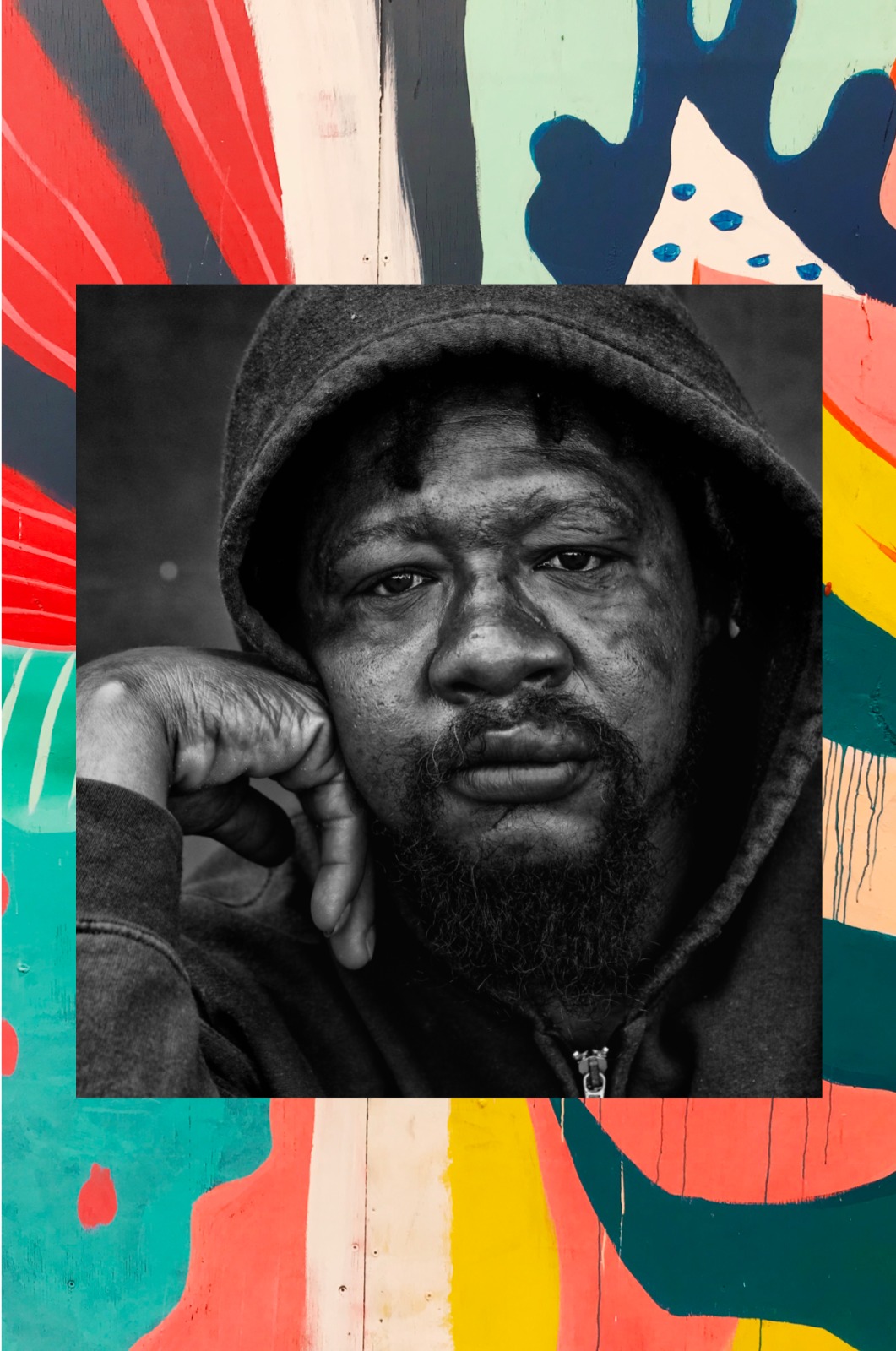
Black Mental Health Matters.
It is not an issue which Blacks have been willing to acknowledge let alone address. But with the number of suicides by several prominment Blacks, the issue has been added to the conversation about Blacks and mental health.
It is an issue similar to the larger issue of Black mental health which continues to be swept under the rug. Blacks must get past whatever sigma they feel is attached to mental health issues and face the issue straight up.
In January, actress Regina King’s son died by suicide at the age of 26. Prior to his death he labeled social media as “unhealthy.” and said, “I don’t think Instagram is healthy for me.”
A few weeks after, Miss USA 2019, Cheslie Kryst, 30, died from suicide.
Just as there were those who believe that Blacks were incapable of committing mass murder, serial killings and suicide, events have shown that Blacks are indeed capable of all three of those activities.
While suicide rates have decreased among Americans overall, Black suicide rates have gone in the opposite direction. According to the Suicide Prevention Resources Center, “At 7.4 per 100,000, the age-adjusted suicide rate for Black populations in 2019 was over half the overall US suicide rate of 13.2 per 100,000.”
The center’s stats also showed that young adulthood suicide is the highest among young Blacks. Suicide rates for Blacks between the ages of 25 and 34 were just over 10 per 100,000 from 2010 to 2019. Among Black populations, suicide rates peak during adolescence and young adulthood, then decline.
A Journal of the American Academy of Child & Adolescent Psychiatry article published last September, using information from the US Center for Disease Control and Prevention, showed that between 1991 and 2017 more than 1,800 Black children between the ages of 5 and 17 died by suicide.
Historically, seeking psychotherapy has been difficult for Blacks according to many mental health professionals. It has been considered more of a white people’s thing.
Psychotherapy is not only a concept with European origin, but also a concept that traditionally does not fit the community-oriented, collective approach to healing and support more apt to be used by Blacks. The Black church has often been an institution which has been used to provide such a service.
Instead of finding healing in coming together, the client is separated, often sitting in a one-on-one session with a professional. The idea of being focused on, analyzed, can be perceived as threatening.
The US Department of Health and Human Services Office of Minority Health says poverty level affects mental health status. Blacks living below the poverty level, as compared to those over twice the poverty level, are three times more likely to report psychological distress.
Further, Blacks are 10 percent more likely to report having serious psychological distress than non-Hispanic whites, and the death rate from suicide for Black men was more than four times greater than for Black women in 2014
A report from the US Surgeon General found that from 1980 to 1995, the suicide rate among Blacks ages 10 to 14 increased 233 percent, compared to 120 percent for non-Hispanic whites.
Mental illness is not a joke; something to laugh at. Nor is it something which should be denied. The mental health of the Black community both individually and collectively is something which must be seriously addressed with understanding, compassion and love.
If you or someone you know is considering suicide, please contact the National Suicide Prevention Lifeline at 1-800-273-TALK (8255), text “STRENGTH” to the Crisis Text Line at 741-741 or go to suicidepreventionlifeline.org.
Share to your favorite social media page
Follow Us
Fans
Fans
Fans
Fans


